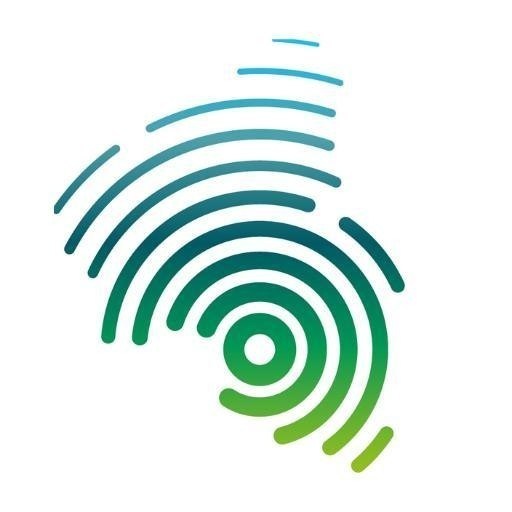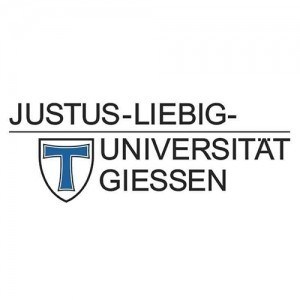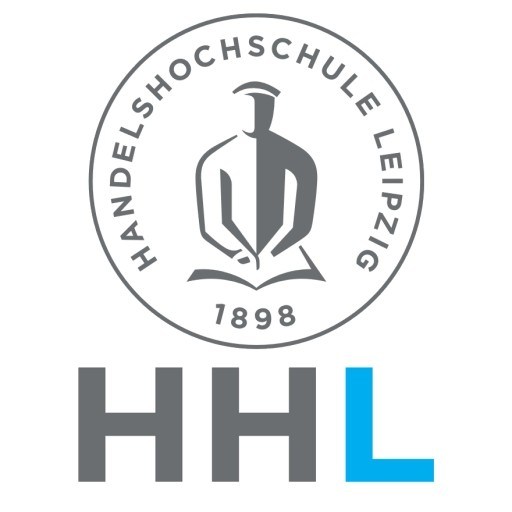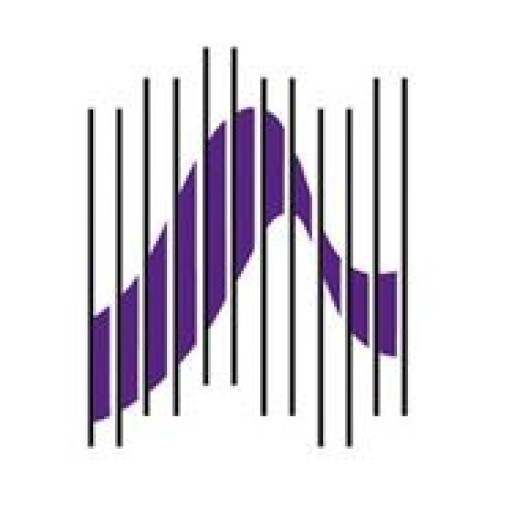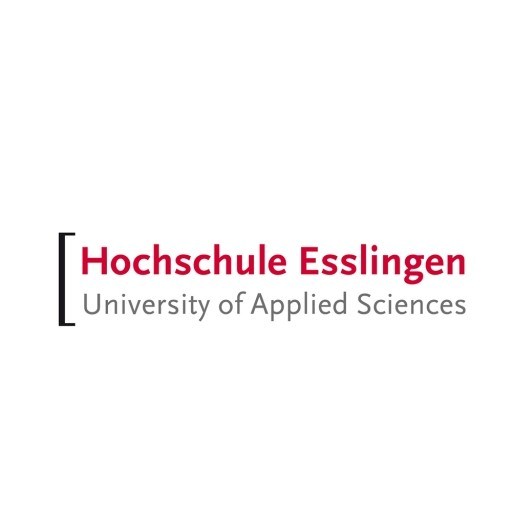Photos of university / #hochschulekl
Mechanical Engineering and Mechatronics at the University of Applied Sciences Kaiserslautern offers a comprehensive and practical education that prepares students for diverse careers in industry, research, and development. This interdisciplinary program combines fundamental principles of mechanical engineering with advanced concepts in mechatronics, enabling graduates to design, analyze, and optimize complex mechanical and electronic systems. Throughout the course, students gain hands-on experience through laboratory work, projects, and internships, fostering problem-solving skills and innovative thinking. The curriculum covers essential topics such as thermodynamics, fluid mechanics, materials science, control systems, robotics, embedded systems, and automation technology. Emphasis is placed on the integration of mechanical components with electronic controls, reflecting the current trends in Industry 4.0 and intelligent systems. The program is designed to be closely aligned with industry needs, providing students with the technical expertise and practical skills necessary to succeed in fast-changing technological environments. Students have opportunities to participate in industry collaborations, research projects, and international exchanges, broadening their perspectives and enhancing their employability. Graduates of the program are well-equipped to work in sectors including automotive, aerospace, manufacturing, robotics, and energy. The university’s modern facilities, well-equipped laboratories, and experienced faculty support an engaging learning atmosphere. With a strong focus on applied sciences, the program prepares students for immediate entry into the workforce or for further academic studies. Overall, the Mechanical Engineering and Mechatronics program at the University of Applied Sciences Kaiserslautern aims to develop innovative, responsible, and skilled engineers who can contribute to technological advancement and societal progress.
Educational organisation
The programme has an innovative structure offering maximum flexibility with respect to content and organisation. There are no obligatory courses. Instead, applicants can choose any combination from a "menu" of available modules.Studies can begin twice a year in either the winter or the summer semester. Each module is offered only once a year. To enable a choice of modules from mainly one semester (summer or winter), the Master's thesis can be started after successful completion of three modules (30 ECTS) and before the other modules are taken.
Upon agreement, every semester can include an R&D module of 10 ECTS. Furthermore, after passing a 10 ECTS R&D module, a 20 or 30 ECTS R&D module can be elected upon agreement (for R&D modules a total of 40 ECTS can be chosen).
Together with the Master's thesis, this means that 70 out of 90 ECTS in this programme can be gained in R&D work. The R&D module can typically be integrated into third-party-funded research work at the university or it can be done at a company. The university does not provide industrial contacts, but it attempts to match the applicant's interests to research work available in-house. The homepage provides further information and contact data about the responsible professor to whom participants' detailed interests/intentions should be communicated.
Depending on personal interests and upon agreement, in the second semester students can take a mobility module (20 or 30 ECTS) at a university abroad. This strengthens cross-cultural competence and foreign language skills. Furthermore, it enables students to acquire specialised in-depth knowledge beyond the scope of our own specialisations. Mobility modules can be taken not only at our partner universities (for list, see homepage at https://www.hs-kl.de/international/international-office/international-office-deutsch/studierende/partnerhochschulen/) but also at any other university in the world (i.e. upon agreement).
Part-time studies are possible, but the programme is not specifically structured for part-time students.
Study abroad unit(s)
Depending on personal interests and upon agreement, in the second semester students can take a mobility module (20 or 30 ECTS) at a university abroad. This strengthens cross-cultural competence and foreign language skills. Furthermore, it enables students to acquire specialised in-depth knowledge beyond the scope of our own specialisations.Internships
The programme itself offers numerous possibilities for intensive practical academic training and project work, partly in combination with local companies. Depending on personal interests and upon agreement, students can complete an individual R&D module (10 ECTS) within a running research project. Furthermore, after passing a 10 ECTS R&D module and upon agreement, a 20 or 30 ECTS R&D module can be chosen within a running research project (for R&D modules a total of 40 ECTS can be chosen). The Master's thesis is normally performed at a company in or outside the region.Forms of assessment
Modules are assessed by written and oral exams, in most cases embedded in group project work and presentations during and at the end of the semester. The Master's thesis can be written either in English or in German. The research work involved can be performed at a local company (many contacts available) or at the university.Course objectives
The primary objective of the programme is to support highly qualified graduates in mechanical engineering, mechatronics or industrial engineering with a specialisation in mechanical engineering whose aim is to deepen engineering fundamentals as well as gain practical experience in implementing them in international groups with other engineers from all over the world. The focus of the programme is on cross-linking multiple engineering disciplines. To make sure graduates can play a decisive role in this effort, the programme places a strong emphasis on the development of "soft" skills.The Master's programme is specifically tailored to careers in:
- Process and product development
- Project management
- Project planning
- Testing
Furthermore, excellent career opportunities exist within:
- Consulting
- Production
- Procurement
- Sales
Language requirements
Many of the modules (all are elective) are taught in English. Some are taught in German. The language of instruction follows from the module's name. Students with proficiency in both languages have a larger choice of modules.If courses in German are selected and German is not the native language, applicants must have linguistic proficiency in accordance with at least level B2 of CEFR, TestDaF 3, DSH 1 or equivalent. A proof thereof is mandatory (certificate not older than 24 months).
If courses in English are selected and English is not the native language, applicants should have linguistic proficiency in accordance with at least level B2 of CEFR, TOEIC Listening and Reading 785, TOEIC Speaking and Writing 310, TOEFL iBT 87, TOEFL ITP 543, IELTS 6.0 or equivalent. A proof thereof is mandatory (certificate not older than 24 months).
All applicants whose mother tongue is not German must provide proof of German proficiency at level B1 of CEFR or higher (i.e. Goethe certificate or equivalent, certificate not older than 24 months). This also applies if only English-taught modules are chosen.
Required DSH / TestDaF
YesAcademic requirements
Applicants must hold a Bachelor's degree (210 ECTS) with an overall grade/mark well above average (such as "with distinction", "excellent" depending on the grading scale) in- mechanical engineering
- mechatronics
- industrial engineering with a specialisation in mechanical engineering
- or an equivalent qualification
ALL applicants whose mother tongue is not German must provide proof of German proficiency at level B1 of CEFR or higher (i.e. Goethe certificate or equivalent, certificate not older than 24 months). This also applies if only English-taught modules are chosen. For applicants from India, further rules apply; please see: https://www.hs-kl.de/angewandte-ingenieurwissenschaften/studiengaenge/master/mechanical-engineeringmechatronics/application-admission/.
Applicants with a degree of 180 ECTS (six semesters, three years) will require additional courses/credits of in total 30 ECTS before the start of their Master's thesis. These credits can be obtained by recognition of additional Bachelor's modules, additional study-abroad modules, work experience after completion of their Bachelor's degree or by successful completion of additional modules at HS Kaiserslautern - University of Applied Sciences. Please consider that the language of instruction in all our Bachelor's programmes is German. The Examination Board will decide on the contents individually.
Selection is based on four criteria: 1) academic quality, 2) résumé, 3) letter of motivation and 4) linguistic proficiency. Candidates are advised to follow the instructions described in the "Guidelines for Applicants" on our homepage.
Professional experience after obtaining the Bachelor's degree is not formally required (except for applicants holding a degree from a university in India), but it will often strengthen the application.
Enrolment fees
A social fee of currently approx. 220 EUR is charged per semester. The fee includes a semester ticket covering public transport in the greater Kaiserslautern region as well as student union membership (discounts on meals, etc.).Costs of living
If a visa is required, the immigration authorities require proof of funding of 8,000 EUR for the first 12 months, which is sufficient for living, but at a rather low-budget level. Approx. 750-800 EUR would usually be appropriate to cover personal expenses. Rent is approx. 250-300 EUR.Job opportunities
Due to the intensive nature of the programme, students have limited time for part-time jobs. Assistantships at the university can sometimes be offered, but they are not guaranteed before enrolment.Funding opportunities within the university
Five to six scholarships of 3,000 EUR each are granted every year to outstanding incoming and outgoing students from all departments. Applicants should have successfully earned at least 30 ECTS at our university.http://www.hs-kl.de/international/international-office/international-office-english/students/scholarships/
